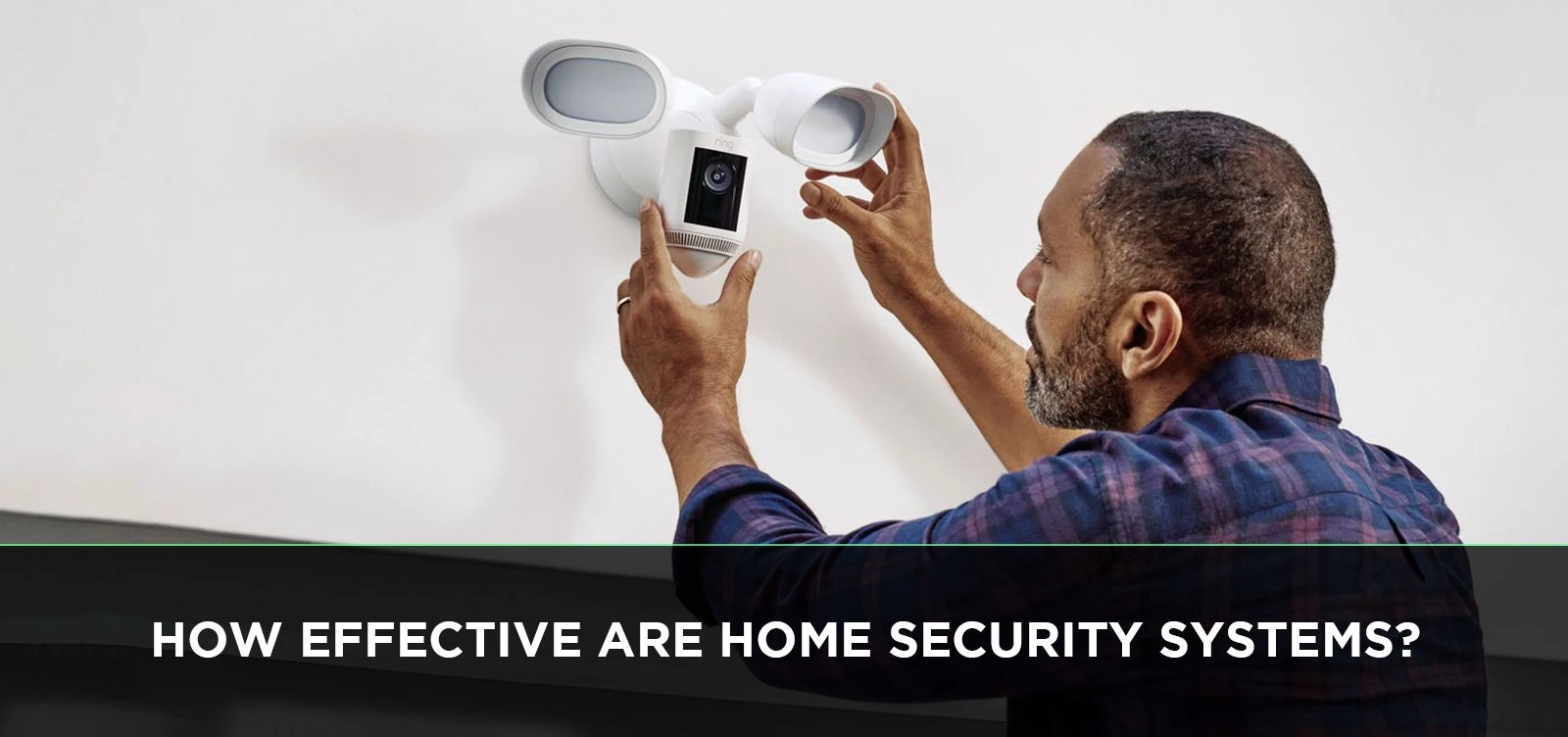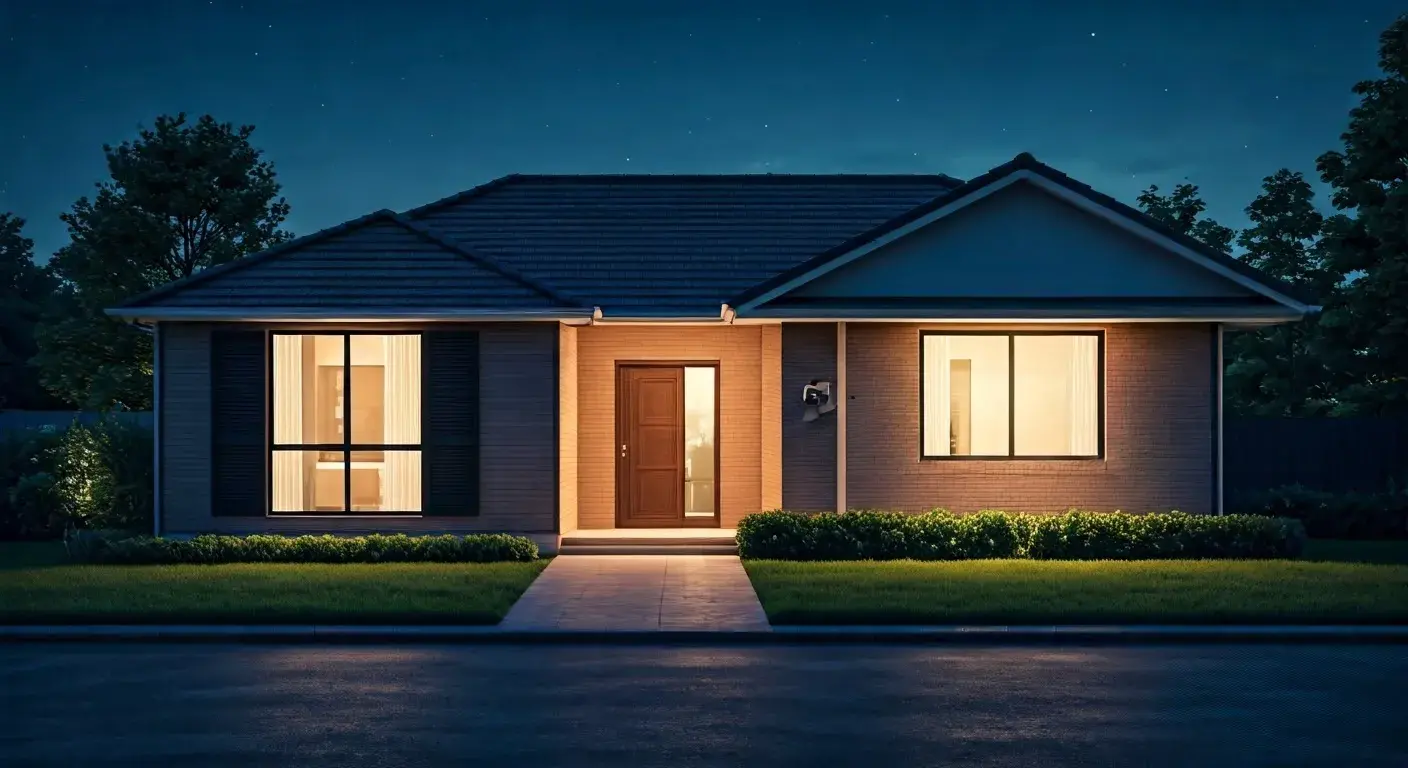In an age where security concerns are becoming increasingly prevalent, home security systems have emerged as essential tools for safeguarding our homes and loved ones. These systems offer a range of features and technologies designed to deter intruders and provide peace of mind to homeowners. But just how effective are these systems in reality? In this blog, we'll delve into the world of home security systems to understand their effectiveness, benefits, and considerations.
Understanding Home Security System
What Are Home Security Systems?
Home security systems encompass a variety of devices and technologies that work together to protect your home from unauthorized access and potential threats. These systems typically include components like surveillance cameras, motion sensors, door and window sensors, alarms, and even home automation features.
How Do Home Security Systems Work?
Home security systems are designed to create multiple layers of defense. Surveillance cameras monitor the premises, detecting any unusual activity or movement. Motion sensors can trigger alarms, while door and window sensors alert homeowners if someone tries to enter. These systems can also be integrated with smartphones, allowing homeowners to monitor their homes remotely.
The Effectiveness of Home Security Systems
Deterrence Factor
One of the primary benefits of home security systems is their deterrence factor. Visible cameras, alarms, and signs indicating the presence of a security system often discourage potential intruders. Knowing that their actions will be recorded and reported increases the likelihood of burglars avoiding homes equipped with such systems.
Prompt Response
In the event of a breach, modern home security systems offer quick response mechanisms. Alerts can be sent to homeowners and security companies, ensuring that immediate action is taken. This rapid response can minimize potential losses and damages.
Remote Monitoring
Many home security systems now allow for remote monitoring through smartphones or computers. This feature lets homeowners keep an eye on their property in real time, enhancing their sense of security even when they're away.
Integration with Home Automation
Advanced security systems can be integrated with home automation, enabling homeowners to control lights, locks, and even thermostats remotely. This gives the illusion of an occupied home, further deterring criminals.
Factors to Consider
Cost
While the benefits of home security systems are undeniable, their cost can vary widely. Factors such as the type of system, the number of devices, and ongoing monitoring fees contribute to the overall expense.
False Alarms
Home security systems are not immune to false alarms triggered by pets, insects, or environmental factors. These false alarms can potentially lead to desensitization and delayed response from homeowners.
Technical Glitches
Like any technology, home security systems can experience technical glitches or malfunctions. Regular maintenance and testing are necessary to ensure consistent functionality.
Conclusion
Home security systems have proven to be effective tools in enhancing the security of our homes. Their deterrence factor, quick response mechanisms, and remote monitoring capabilities contribute to their overall effectiveness. However, potential buyers should carefully consider factors like cost, false alarms, and technical glitches before investing in a system that suits their needs.
Call (888) 805-5456 to install your home security system now!
FAQs
1. Do home security systems require professional installation?
Yes, some home security systems may require professional installation, especially if they are complex or integrated with other home automation devices.
2. Can I monitor my home security system when I'm not at home?
Absolutely! Many modern home security systems offer remote monitoring through smartphone apps or web portals.
3. Are there any monthly fees associated with home security systems?
Yes, some home security systems require monthly monitoring fees for continuous service and support.
4. Do home security cameras record all the time?
It depends on the system. Some cameras record continuously, while others only record when triggered by motion or other events.
5. How can I reduce false alarms with my home security system?
To reduce false alarms, ensure that sensors are properly installed and calibrated. Regular maintenance and updating of the system's settings can also help minimize false alerts.






